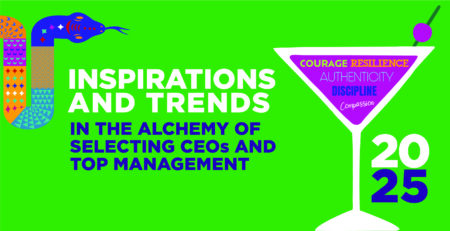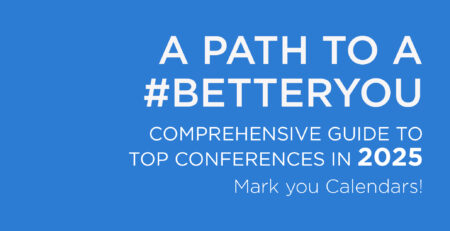Diversity in Leadership by Anderson Willinger
As Anderson Willinger, executive search, states, diversity can be recognized in nature as well as in the economy as a measure of the stability of the system, because, unlike a uniform system, it resists crises and cannot be easily eliminated.
According to a number of studies by Daan Van Knippenberger, a highly regarded professor in the field, it is clear that diversity improves the ability to observe and identify critical changes, including the ability to prepare for them well and in time. This leads to faster development of better crisis management skills and subsequently, the ability to learn from critical situations through self-reflection.
A proper understanding of the importance of diversity in business and in life occurs when an individual or a group of people, i.e. a company, is able to stop themselves before using stereotypical hasty reactions and procedures. With a clear mind, look at oneself and, above all, the point of view of the entire “ecosystem” to which one belongs from many other angles. Based on that, subsequently learn to react, adapt, create and build new systems or processes.
In the Czech Republic and other Central European bloc countries, the word diversity is often accepted either with a jeer or with an exaggerated focus on representing women in management.
More often, diversity is misunderstood in a different way. We hear the words of managers and business owners: we want to have young talented people. All right, but we live in an era of aging population. So the question is, whether only the young and talented are able to best understand the needs of their aging customers. This includes the fact that lowercase letters are difficult to read, to the frequency of changes in phone upgrades as we know it. Maybe everything new must always be to the benefit.
Another example in organizations is the use of diversity as a “mantra”, where we have diversity of skin colour, religion, age, gender, and mix a cocktail without deeper consideration of how it should taste, according to the Czech grotesque fairy tale “And it is”.
Speaking of fairy tales, do you still remember Disney’s Snow White and the Seven Dwarfs or Mickey Mouse? And have you ever tried to ask yourself why we like it as much as our children?
Walt Disney embodied the power of diversity by being the first to deliberately assemble a pattern of heterogeneous team in the creation of his works. He made sure he always had three different personalities in the team: a dreamer (a visionary who comes up with the most interesting ideas), a critic (who is able to find difficulties and mistakes to eliminate before it’s too late), and finally an implementer (who finds a solution how to really do it in the best way).
Another inspirational example is the well-known food company Nestlé. It is one of the few companies that began experimenting with a 12-member Board of Directors, which consists of current and former Top Directors from 9 different countries and 10 fields from technology, finance, and fashion to non-profit organizations. One of the main influences that diversity has is Nestlé’s courage to start moving its future into healthy food and healthy living, even though the current business as it works now is still lucrative.
In the long run, however, the company has an alternative. This was created by defining critical changes that will come to customers’ lifestyles globally through different perspectives on business, and then beginning to prepare them.
This corresponds with the diversity of experiences. The fact that someone has spent their entire life in FMCG can be a great advantage for positions that are responsible for delivering things on time and with quality. You don’t need anything else, yet. However, this does not apply to roles where additional skills are needed, such as creativity or experience in solving similar problems in a new revolutionary way.
The well-known painter Henri Matisse, one of the pioneers of new art, once remarked: “the main meaning of the word creativity is courage.”
Therefore, it is important to stop perceiving diversity only in terms of skin colour, religion, gender, age. It is good to build consciously, systematically and uncompromisingly on choosing the right mix of qualities and experiences of people who complement each other, thus allowing them to see, hear and feel not only visible things, but especially those that are seemingly hidden because someone courageous has yet to try them.


